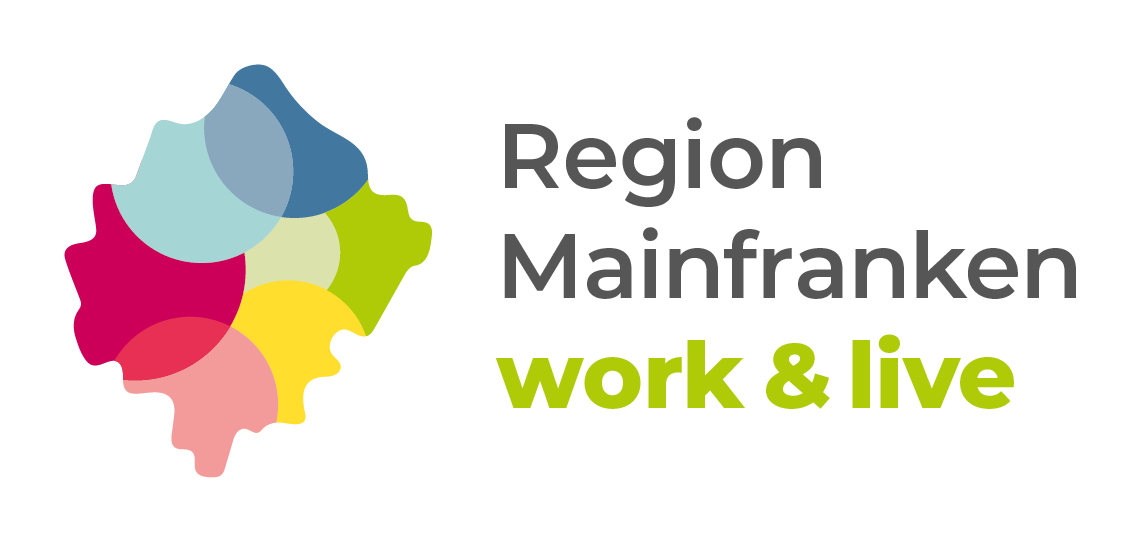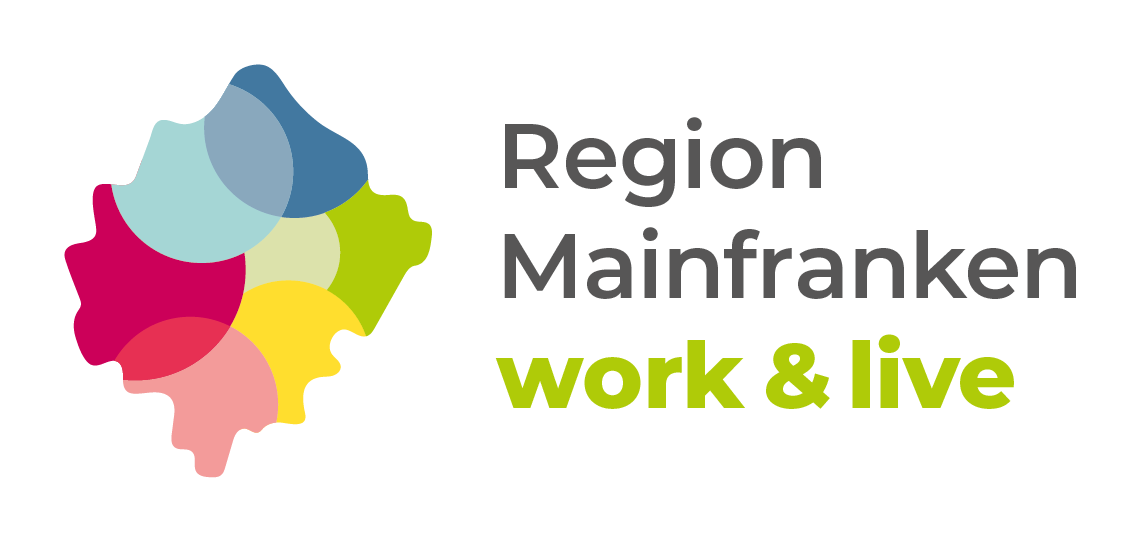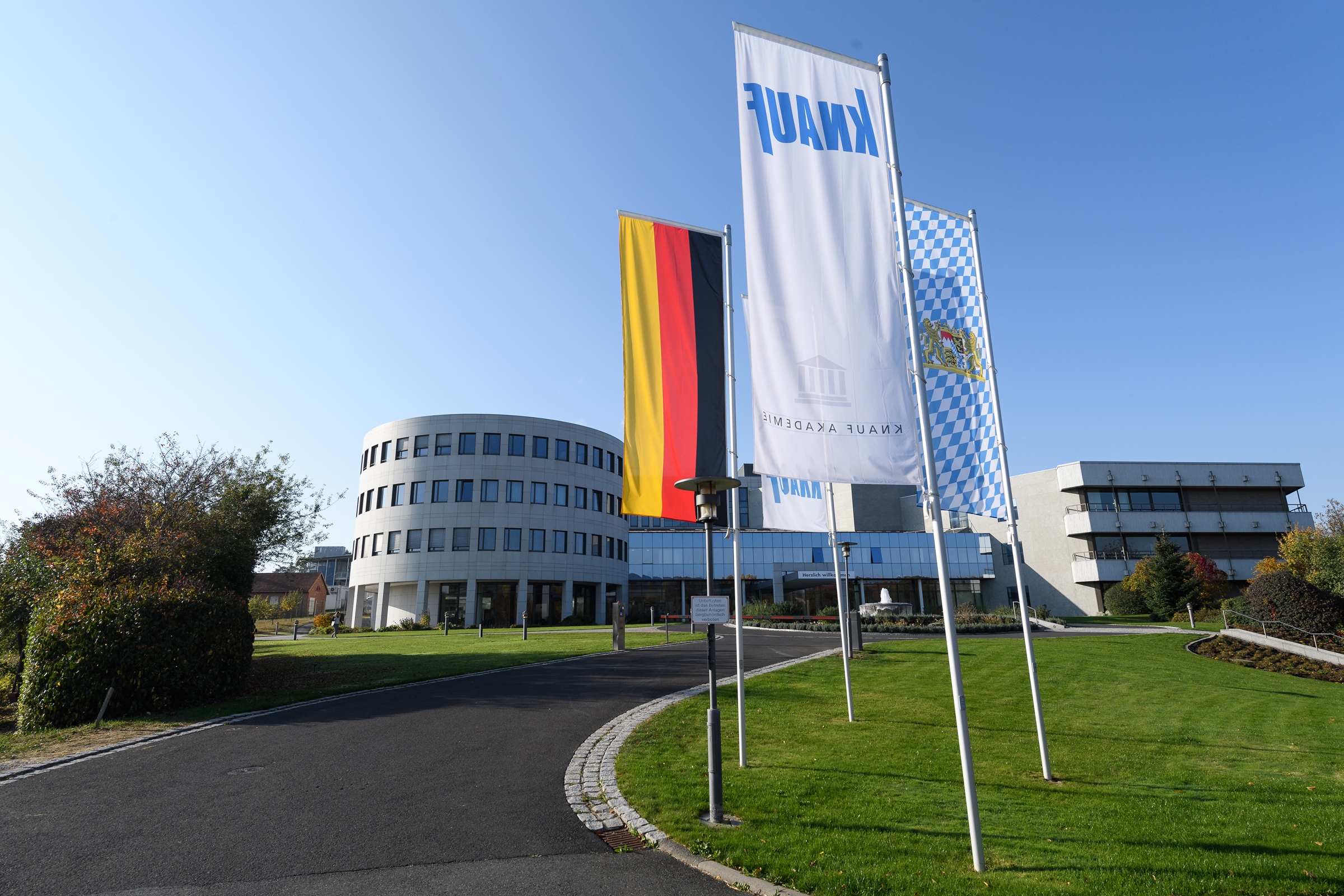
Best Practice –
Knauf
New Ways in Securing Skilled Workers – Knauf Shows How It’s Done
To the Recruited Skilled Professional: Francesco Bucci
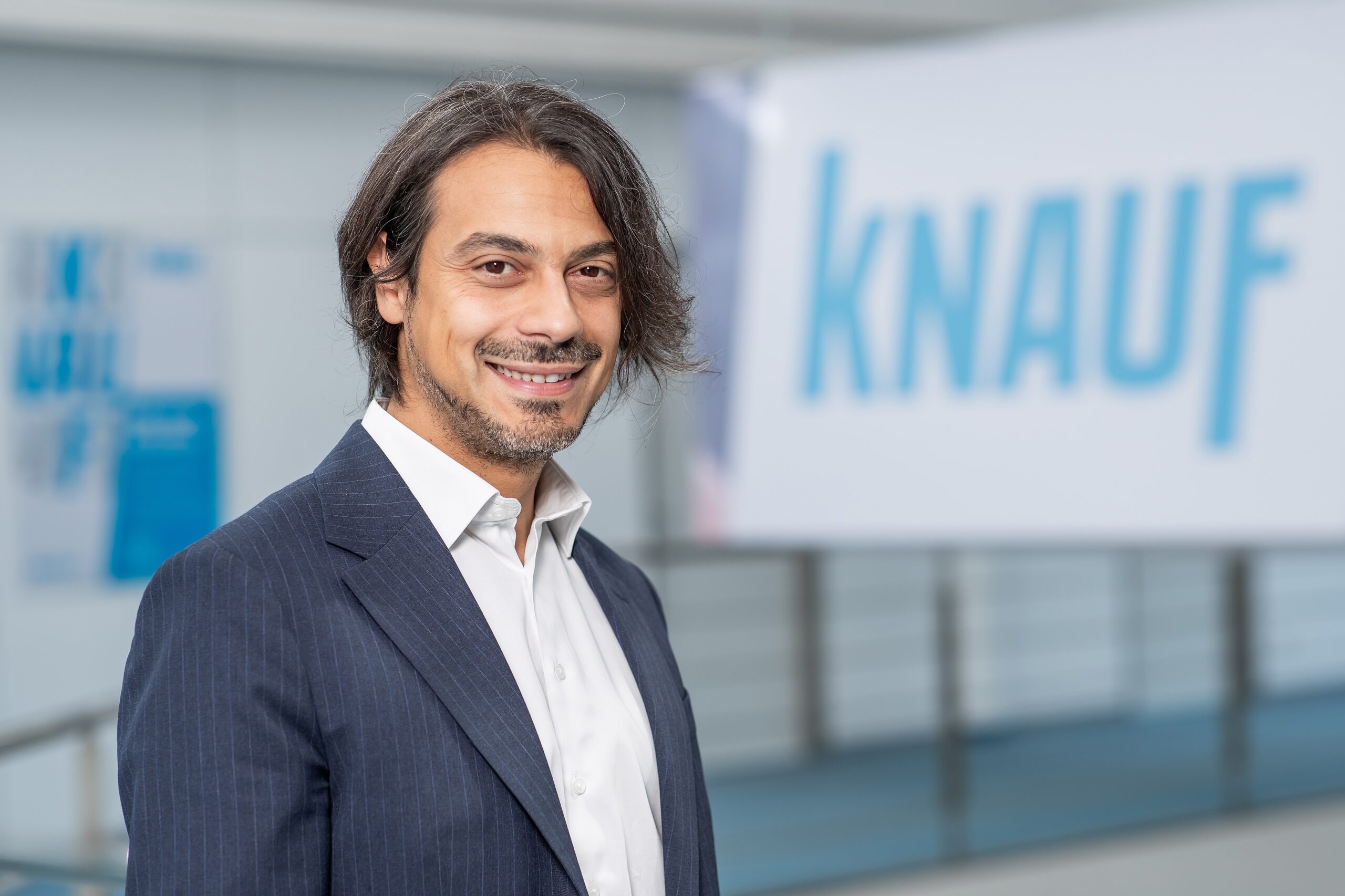
Essentially, there were two main reasons for me. The first concerns my personal life. I have a family – a wife and two children. When my supervisor approached me about a potential transfer to Germany from Italy, where I had previously worked for Knauf, I first discussed it with my wife. It wasn’t an easy decision, but we decided to step out of our comfort zone and take this leap – despite uncertainties and doubts about whether it would be the right choice. There are also many economic problems and ongoing wars in the world right now. So we thought: Why not experience a different culture, learn a new language – especially for our children, but also for the entire family. I would say that was the most important reason for our decision.
From a professional perspective, I have always enjoyed being part of a team. I am a civil engineer and had already worked for Knauf in Italy. Over time, I moved from customer service, took responsibility for product innovations, and held two or three other positions. However, my heart was always in the product sector – that’s where I see my strength and the greatest added value I can contribute. But as I said, the decision was not easy, especially because of the children. On the one hand, we felt we could offer them something new, but on the other hand, none of us spoke German.
From a professional perspective, it was a great opportunity for me. I was already part of a working group in Italy that collaborated with the global team – and now I am part of this global team myself, working with colleagues from other countries. It wasn’t easy, but it was manageable. From a personal perspective, it was exactly what I was looking for. The lack of language skills made it difficult at first. However, the only ones who now speak fluent German are our children. We found a great school in Würzburg where German is taught as a second language – perfect for a start, especially due to the multicultural class composition.
Knauf supported us from the beginning and offered assistance with the relocation – for example, with opening a bank account, finding an apartment in Würzburg, and handling documents for my family. For me personally, it was a bit easier than for other “new colleagues” because I already knew most of my colleagues. Getting to know new departments can be a bit overwhelming at first, but once you’ve found your place, it feels really good.
There are many training and development opportunities here, and a digital platform where we can explore various topics. You can select your profile and browse the content. I was particularly interested in the building materials sector, so I started there – after all, I’m a technician. Later, I also dealt with business administration topics and “soft skills”. I try to develop myself in all areas to be the best possible product manager. There are also several intercultural programs. The training opportunities are not just about climbing the career ladder, but also about the right mindset – especially in a global environment, soft skills and adaptability sometimes count more than technical knowledge.
Knauf’s location is naturally linked to the local raw material supply or in the vicinity of Iphofen. It was the same in Italy; I used to live in a smaller town near Pisa. Gypsum is not found everywhere. Where there is a gypsum source, Knauf is also nearby.
For a family-run company, it’s important for employees to live close to the production site – for example, near the gypsum quarries. This creates a strong connection to the company. Of course, you could also have nice offices in Berlin or Milan, but being close to colleagues who work directly with the products every day, in production or development, makes this connection so special. Even though we decided to live in Würzburg – mainly because of the children and the international school – I am still close to Iphofen, so still in the same region. And I really like that.
I believe that we can learn a lot every day – especially through exchange with others. As already mentioned, my technical background is an important part of my career and expertise. But dialogue with people of different nationalities, cultures, and ways of thinking is not only a challenge but also a real added value for everyone. There are many highly qualified people with strong analytical and logical thinking, but the emotional side is also important – for example, learning how to have conversations with colleagues and how to grow together. Sometimes our job is about convincing others, but equally about listening, forming one’s own opinion, and then sharing it. This aspect of listening particularly motivates me to be part of a multicultural, global team – to gather feedback and understand the needs of various partners. Their expectations go beyond solving small technical problems; it’s about being broadly positioned enough to think outside the box and recognize future requirements early on. People enjoy working and learning from each other – and this is exactly the mindset we should embody in a global role.
To the Recruiter/Hiring Manager Julia Moik
Head of Talent Acquisition Central- & Northern Europe
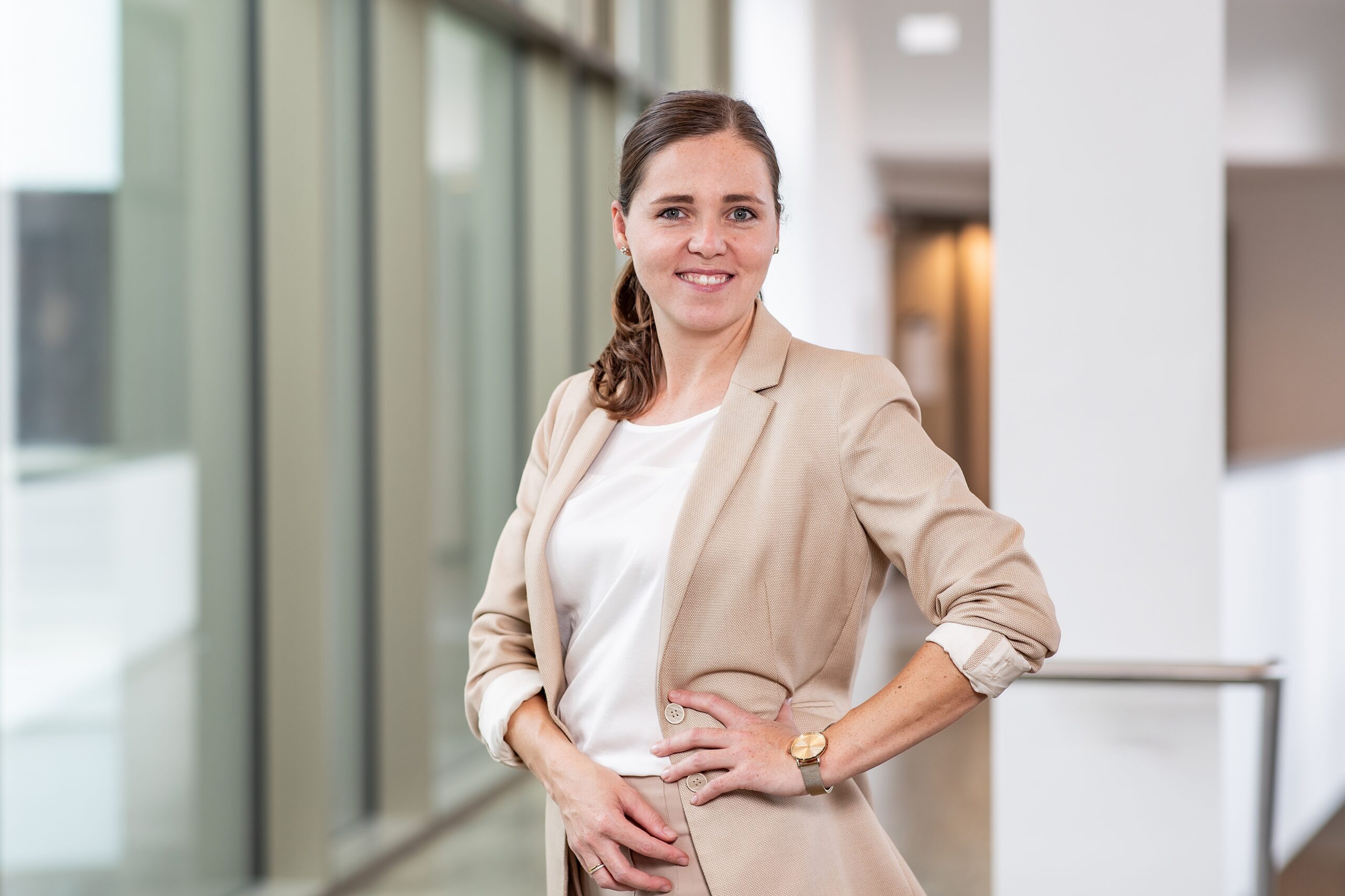
The question already contains part of the answer: Knauf operates globally – in over 90 countries worldwide. With around 43,500 employees, we are a huge team, rooted in Iphofen. Knauf is a family business. Therefore, in our daily work, we live by the same values that we cherish in our family environment: humanity and partnership. These values play a central role for us – they are our common foundation, our connecting element. Our international orientation offers many development and career opportunities – whether here at the headquarters or at one of our locations worldwide.
We are convinced that change always begins with an opportunity. One must recognize and seize it. Everyone defines opportunity for themselves, but Knauf supports and creates the space and perspectives for both professional and personal growth. A strong training concept is the foundation for the future for us. In addition to 13 technical and 5 commercial apprenticeships, we have also been offering 9 dual study programs for several years – and new ones are added almost annually, depending on the future direction of the company and the requirements for relevant job profiles, e.g., in sustainability or digital management. In addition to vocational school classes, we offer internal courses at our corporate headquarters, for example in English and specialized knowledge. In this way, we aim to break down international barriers and specifically promote developments such as Mr. Bucci’s international career. With a takeover rate of over 90%, we enable our “Young Talents” a successful start to their professional future. Within Knauf, there are many success stories of apprentices who have developed into managers or indispensable skilled professionals. Attracting skilled professionals is a major challenge today. That’s why we use diverse networks – for example, “Region Mainfranken” as a cooperation partner. Through an online platform, we organize regional and global events, invite students and pupils to our headquarters, and present ourselves at career fairs like “ScienceFem” in Würzburg as an attractive, future-oriented employer.
A central strategic goal at Knauf is to fill a large proportion of defined key positions – whether management or specialist experts – internally. Therefore, building an internal talent pipeline is an important part of our HR planning, year after year – also across countries. We regularly see development opportunities, such as for important overseas replacements. Our employees have access to an internal training platform with around 100 courses – including specialized offerings, seminars, and coaching on topics such as leadership, strategic thinking, personal development, or project management. A special initiative is our “International Work Experience” program: Here, we offer the opportunity to spend several months at a Knauf location abroad. This allows our employees to gain international and intercultural experience while also experiencing and strengthening the global sense of community. Through our internal job board, employees can also find out about worldwide job openings and specifically build qualifications to prepare for new tasks. Especially in the technical field, this is a central topic: For young engineers, we offer a multi-stage development program over four years. In the first two years, the focus is on individual onboarding, getting to know the plants and production areas, and initial small projects – supplemented by fundamentals of operational management. In the subsequent years, topics such as commissioning of new plants, plant expansions, and at least one international assignment are in the foreground. This is complemented by mentoring, coaching programs, and project work with the aim of ensuring reliable long-term succession planning.
For dual study programs, for example, we cooperate with DHBW in Mosbach and Bad Mergentheim. Additionally, we have partnerships with THWS and the University of Würzburg, where we offer online events for various study programs or assign project work, among other things. IT specialists are also an important topic. Here too, we want to position Knauf as an attractive IT employer, for example, as a workshop provider at AI Week Mainfranken. After all, we employ around 860 people worldwide in the IT sector. Furthermore, there are numerous cooperation opportunities with specialized universities, such as TU Clausthal in the field of mining. If students are with us as working students or interns, we aim for long-term employment – if possible.
We have already changed our recruitment approach because many of the skilled professionals we are looking for are not actively seeking jobs and would not apply to traditional job advertisements. That’s why we are increasingly focusing on active sourcing – i.e., the targeted, proactive approach to candidates. This applies to every position and every role with us. We identify talents ourselves, make direct contact, and aim to convince them in an initial conversation about Knauf as an employer, the position, and the development opportunities. We deliberately prefer direct contact by our company – less through headhunters or external partners. Our recruitment is internationally oriented, so we do not limit ourselves to German as a language. At Knauf Germany, around 82 nationalities currently work together; the common language is English. When we recruit new employees from abroad, we support them with various relocation services – because it is important to us that they settle in well not only professionally but also in their private lives, whether alone or with family. Therefore, integration for us does not end at the factory gate: We help, for example, with finding kindergarten or school places, offer language courses, and assist with apartment hunting. Currently, we facilitate about 60 relocations to Germany annually – and the trend is rising.
